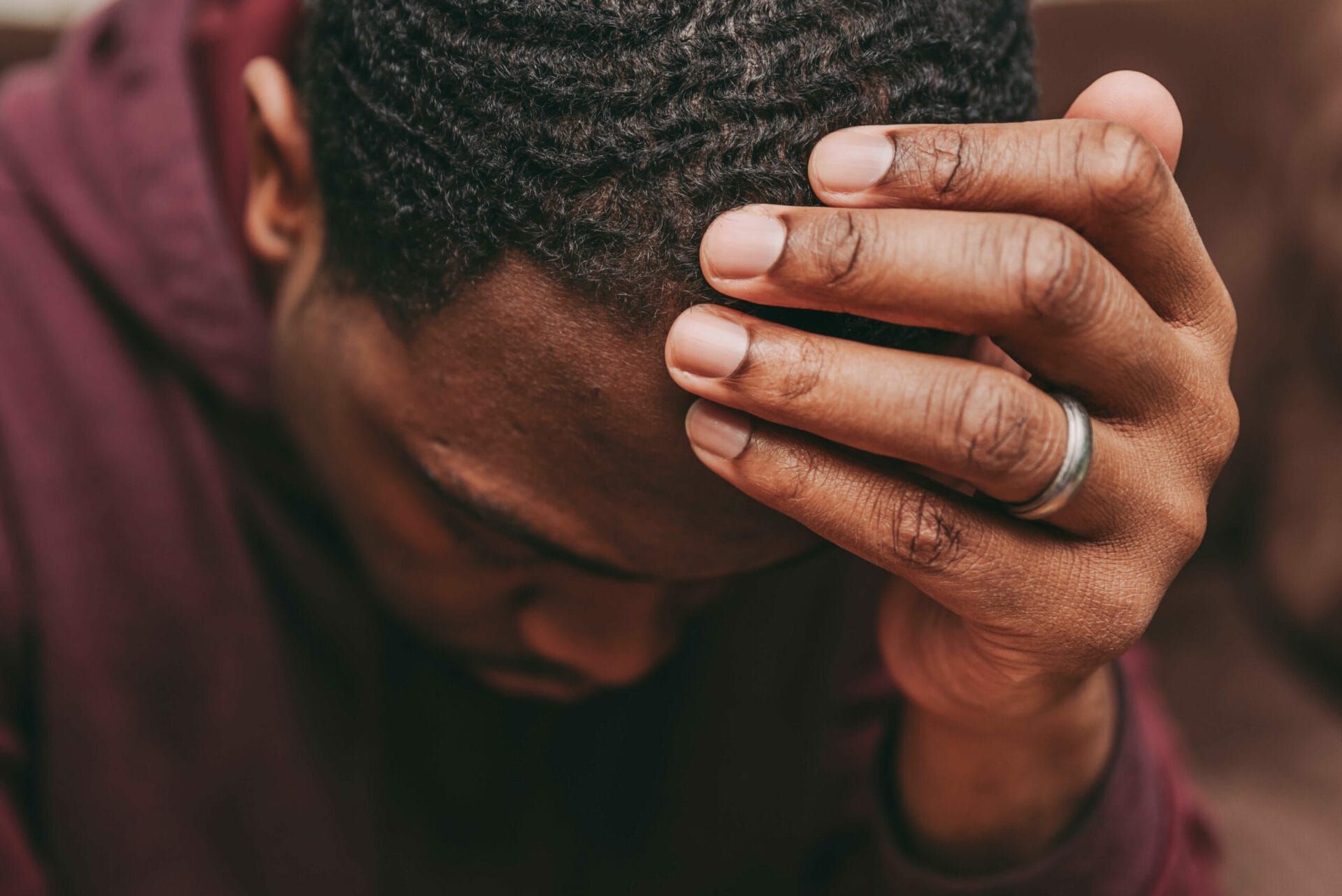Trauma in the African American community has been prevalent for generations. “Intergenerational trauma” is a term used to describe how events that target a group of people affect family members who have not directly experienced trauma. Many things can cause trauma, and so many things can trigger a bad memory or anxiety when you least expect it.
Intergenerational trauma and its impact on the African American community has helped shape stereotypes and commonly held beliefs African Americans have about themselves. From my experience, African Americans are less likely to seek mental health treatment. I suffered from trauma from being emotionally, physically, and sexually abused from a young age. It caused me decades of silent suffering because I considered it weak to seek help for mental health reasons. I had learned behavior from the women in my family to be strong and show no weakness. The problem with that Is, eventually, there becomes a small crack in the armor you build around your feelings until one day, the damage spreads and becomes a crater so enormous it explodes. All your bottled-up emotions come spilling forth. Trauma that African Americans experience through generations of broken families, abuse, and disregard for human rights has been dealt with in silence and has become a norm. Trauma caused by centuries of oppression and discrimination has robbed people of color of their right to live successful lives for generations, and it has been a struggle for many to break the cycle.
When you have decades of trauma inside you, it takes a trained professional to help you find your way into a healthy frame of mind. What can help break this cycle is therapy. Mental health professionals interested in treating trauma should be mindful of the barriers to bringing mental health awareness to people of color, such as mistaken beliefs about treatment, the stigma of having a mental illness, and distrust. It is vital that when treating people of color, a culturally diverse and socially aware therapist is required. Mental health treatment should be made more accessible in African American communities and should be normalized and discussed more frequently. As a rule, Intergenerational trauma should be taught when teaching black history to increase understanding and awareness of how and why the African American community has been affected.
Some symptoms of Intergenerational trauma may include but are not limited to:
•Lack of trust in others
•Anger
• Irritability
• Nightmares
• Fearfulness
In society today, there is a rise in Domestic violence and abuse. But unfortunately, the truth is that these things are constantly there- triggers that can cause you to backslide into your unhealed trauma and reveal what our lives are like behind closed doors.
How can we stop Intergenerational trauma? First, we need to stop blaming others for how we feel. Our feelings are our own, and no one should have enough power over us to make us think negatively about ourselves. Pointing fingers gets us nowhere, and the power of healing is in our hands, and coming to terms with that is the real power. I have had to save my own life and tolerate so much pain while trying to heal.
So many of us need to understand that Mental-health issues are typical for all of us, and there’s no shame in seeking help for distressing thoughts. However, knowing the root of the problem is half the battle and will help develop positive approaches so Black people can live mentally healthy and meaningful lives.



